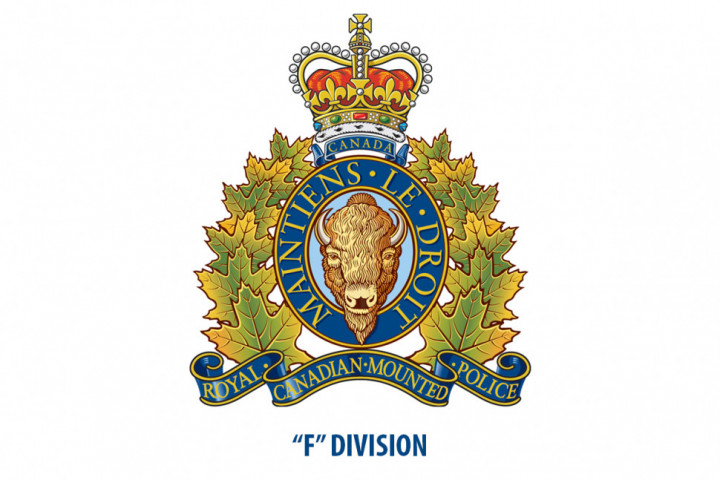Punnichy RCMP advises the public there are dangerous illicit drugs circulating in the area, and asks everyone to ensure they know the signs of an overdose and what to do if someone is experiencing one.
"Punnichy RCMP have responded to a number of suspected overdoses in our detachment area in the past month. This includes two deaths in the past two days," says S/Sgt. Curtis Pelzer of the Punnichy RCMP. "We need the public to recognize there are dangerous illicit drugs present in our community, including fentanyl – only a few grains of which are enough to kill or seriously harm you. Knowing that, ask yourself: do you know what an overdose looks like and what you should do if someone is having one?"
The Punnichy detachment area isn't the only area being affected by dangerous illicit drugs: in the past month, Saskatchewan RCMP has responded to suspected overdoses throughout the province.
Here's what you need to know:
How to recognize an overdose. Someone experiencing one may show signs and symptoms that include:
- Slow, weak or no breathing
- Blue lips or nails
- Dizziness and confusion
- Can't be woken up
- Choking, gurgling or snoring sounds
- Drowsiness or difficulty staying awake
What to do when an overdose occurs. An overdose is a medical emergency. If you witness one, call 911 immediately. Emergency responders, including frontline Saskatchewan RCMP officers, carry naloxone, a fast-acting drug used to temporarily reverse the effects of overdoses caused by opioids.
You have some legal protection if you call for help. The Good Samaritan Drug Overdose Act provides some legal protection for individuals who seek emergency help during an overdose, including the person experiencing an overdose. The Act protects the person who seeks help, whether they stay or leave from the overdose scene before help arrives.
You can keep naloxone handy. Members of the public can also keep naloxone on hand if they or someone they know is at risk of overdose. The Government of Saskatchewan offers a 'take home naloxone' kit available free of charge at many locations in the province. Naloxone can also be purchased at the Saskatchewan pharmacies on this list. It's important to remember that even if Naloxone is administered, medical assistance is required as an overdose is a medical emergency. If you witness an overdose, call 911.
Drug testing strips are available. The Government of Saskatchewan also offers take-home fentanyl and benzodiazepine drug checking strips. They're available at many locations across Saskatchewan. To find the closest location, visit: https://www.saskatchewan.ca/residents/health/accessing-health-care-services/mental-health-and-addictions-support-services/overdose-information-and-prevention/make-a-plan-for-safer-drug-use#check-your-drugs
Have a plan if you do use. One of the risks of using street drugs is they can contain other substances the user may not be aware of. This can have serious effects on the body or even be fatal. If you don't know the strength or what is in it, use small amounts. Don't use alone. Take turns or let someone you trust know of your plans to use.
There is help available. If you want to quit using drugs, there are services available to support you. To find services near you, visit www.saskatchewan.ca/addictions. You can also call the Province of Saskatchewan's HealthLine at 811.
Getting dangerous illicit drugs off the street continues to be a top priority for the Saskatchewan RCMP. If you have information about drug trafficking in your area, you can report it to your local detachment by calling 310-RCMP. Information can also be submitted anonymously through Crime Stoppers by calling 1‐800‐222‐TIPS (8477) or submitting a tip online at www.saskcrimestoppers.com.
